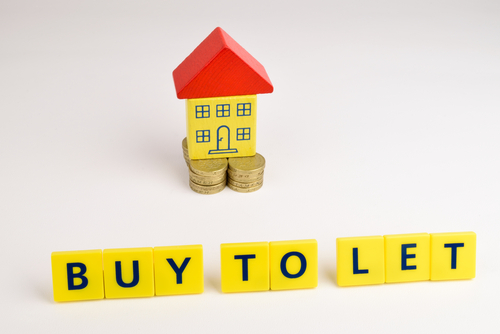Fears are growing that interest rates could rise next year as the Bank of England says unemployment is falling faster than it forecast just three months ago.
The Bank now expects unemployment to hit 7% in the second half of 2015, one year earlier than governor Mark Carney stated in his forward guidance in September.
That is the threshold at which it will consider raising base rates, although Mr Carney stressed yesterday that it won't automatically trigger a base rate rise.
Some analysts claim the Bank could be forced to hike base rates as early as next year, making it the first major central bank to raise the cost of lending.
Phil McHugh, trading floor manager at Currencies Direct said: “The jobless rate is falling faster than predicted and feasibly we could reach the 7% threshold much sooner than the Bank Of England is predicting. This will certainly bring forward the markets’ expectations for a rate rise, possibly to mid to late 2014."
Jason Hollands, managing director at Bestinvest, warned that borrowers who over-extend themselves to get on the property ladder may come unstuck. "The news that UK unemployment has fallen to 7.6%, following the drop in inflation to 2.2%, increases the potential for an interest rate rise earlier than expected.
"Those currently taking on high levels of gearing to pile into residential property should take note that ultra-low rates won’t last forever."
Mark Harris, chief executive of mortgage broker SPF Private Clients, said: "There is now growing panic that interest rates might actually rise next year, rather than 2016.
"But with inflation falling close to its 2% target and the economy still in recovery mode, it is unlikely that the Bank will risk hiking interest rates too soon.
"Even if unemployment targets are met, there will still be good reasons to keep interest rates at 0.5%."
Borrowers and brokers should stay calm, Harris said. "If somebody is really concerned about the potential of an early rate rise and being able to afford their mortgage, then it makes sense to opt for a fixed rate.
"There are some excellent deals available, with lenders demonstrating a real appetite to lend. Fixing for five years may cost slightly more than two years but gives peace of mind for longer and removes the need to remortgage in a couple of years just when rates might be about to rise."
Bank governor Mark Carney mortgage rates will be keen to keep base rate at today's 0.5% for as long as possible, even if unemployment falls below 7%.
Azad Zangana, European economist at Schroders, said: "We have brought forward our forecast for the first interest rate rise from the end of 2016, to the start of 2016, but we are not confident enough in the sustainability of the recovery to forecast tightening monetary policy in 2015, especially due to the poor productivity growth seen.
"The UK’s recovery has considerable momentum going into 2014, but whether the debt fuelled housing recovery translates into anything more than a short-term rebound in demand is questionable, particularly in the absence of wage growth outpacing inflation."















Comments